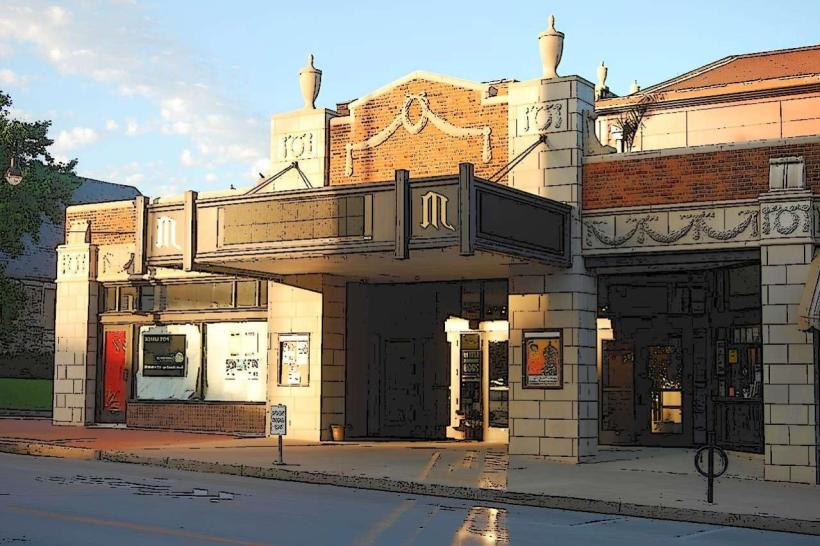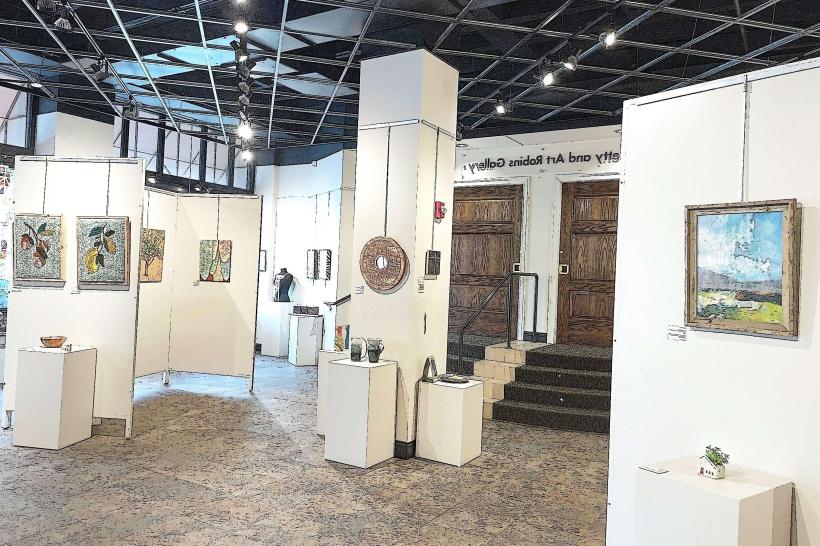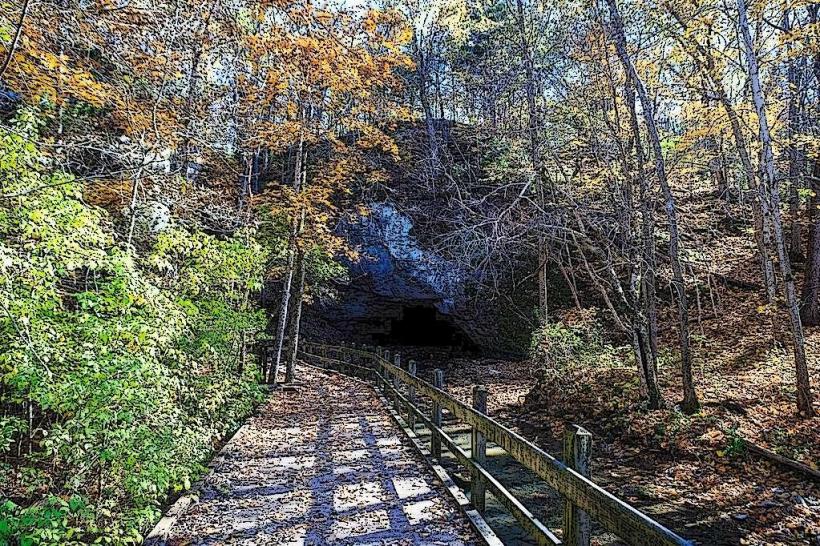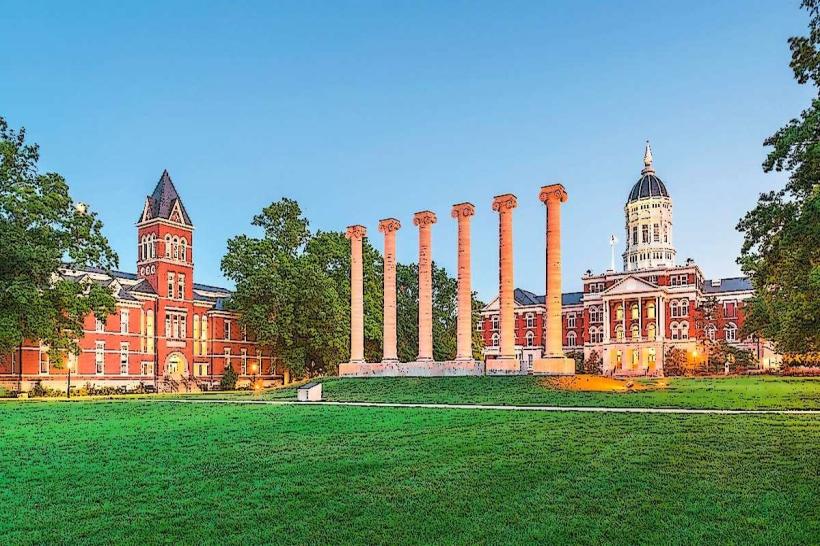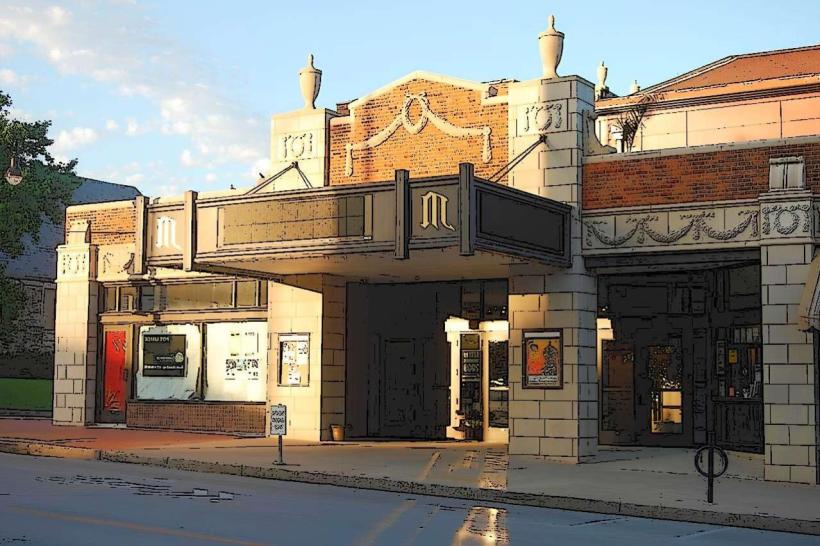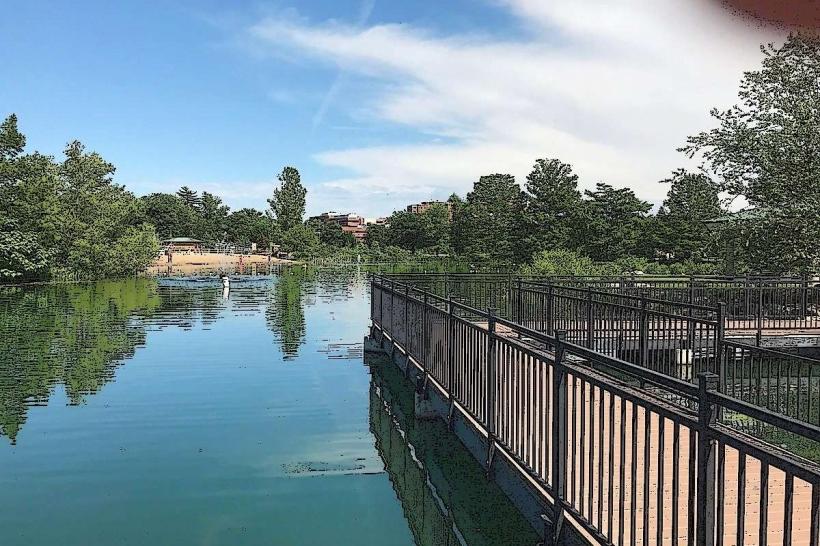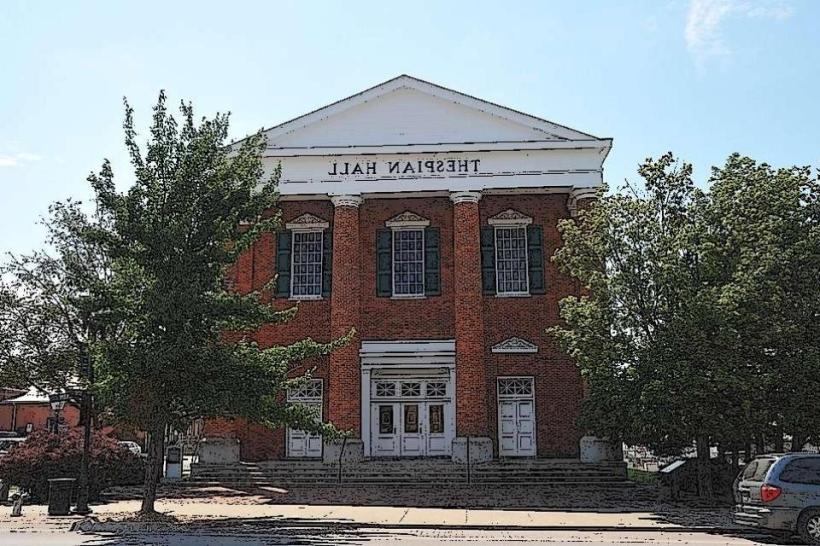Information
Landmark: Historic Downtown ColumbiaCity: Columbia MO
Country: USA Missouri
Continent: North America
Historic Downtown Columbia, Columbia MO, USA Missouri, North America
Historic Downtown Columbia is a central business district located in Columbia, Missouri, USA. It encompasses the original settlement area and has evolved into a commercial and cultural hub.
Visual Characteristics
The district features a mix of architectural styles, predominantly late 19th and early 20th-century brick buildings. Structures vary in height, generally between two and four stories. Facades exhibit varied brickwork patterns and window designs. Sidewalks are paved, and streetlights are of a traditional design. Green spaces are limited to small planters and the central courthouse square.
Location & Access Logistics
Historic Downtown Columbia is situated approximately 1.5km (0.9 miles) South of the University of Missouri Campus. It is bordered by Broadway to the North, Tenth Street to the East, Ninth Street to the West, and Cherry Street to the South. Access is via US Route 63, exiting onto Stadium Boulevard and proceeding North to Broadway. Parking is available in multi-story garages at Ninth and Cherry Streets and Tenth and Walnut Streets, with metered street parking also present. Public transport is served by Columbia Transit bus routes, with major stops along Broadway.
Historical & Ecological Origin
The area was platted in 1821, serving as the county seat for Boone County. Its development was driven by its role as a transportation and commercial center for the surrounding agricultural region. The architecture reflects periods of growth and rebuilding following fires and economic expansion throughout the late 19th and early 20th centuries.
Key Highlights & Activities
Shopping for retail goods in independent boutiques. Dining at restaurants offering diverse cuisines. Visiting the Boone County Courthouse. Attending events held in the courthouse square. Exploring art galleries. Observing architectural details of historic buildings.
Infrastructure & Amenities
Restrooms are available within most businesses and public facilities. Shade is provided by awnings and trees along some streets. Cell phone signal (4G/5G) is generally strong throughout the district. Food vendors and restaurants are abundant within the downtown area.
Best Time to Visit
For photography, early morning or late afternoon provides optimal lighting on building facades. The best months for weather are typically April through October, offering mild temperatures. Weekday mornings are less crowded for shopping. Weekend evenings are active with dining and entertainment.
Facts & Legends
The Boone County Courthouse, a central feature of the square, has been rebuilt multiple times due to fires, with the current structure dating to 1907. A local anecdote suggests that the original town plat was designed to resemble a coffin, though this is unsubstantiated.
Nearby Landmarks
- Boone County Historical Society Museum (0.2km West)
- University of Missouri Campus (1.5km North)
- Shelter Insurance Companies Headquarters (1.8km Southwest)
- Stephens Lake Park (2.5km East)
- Columbia Mall (4.0km West)

